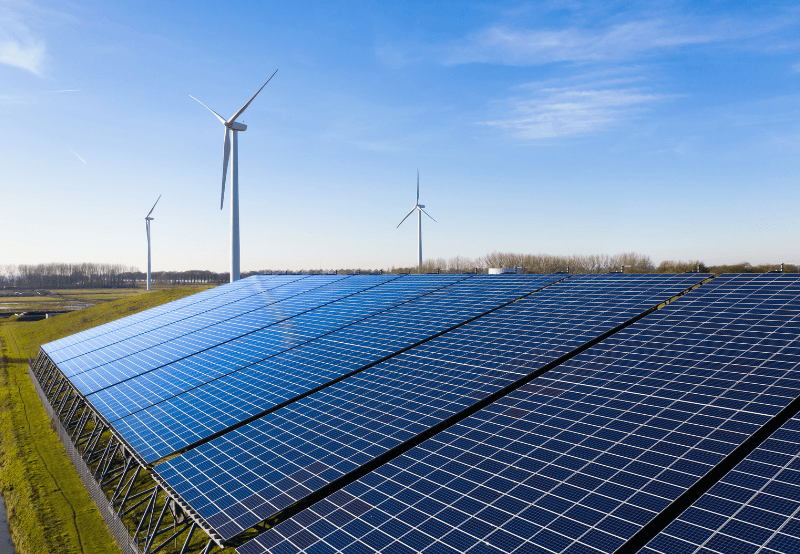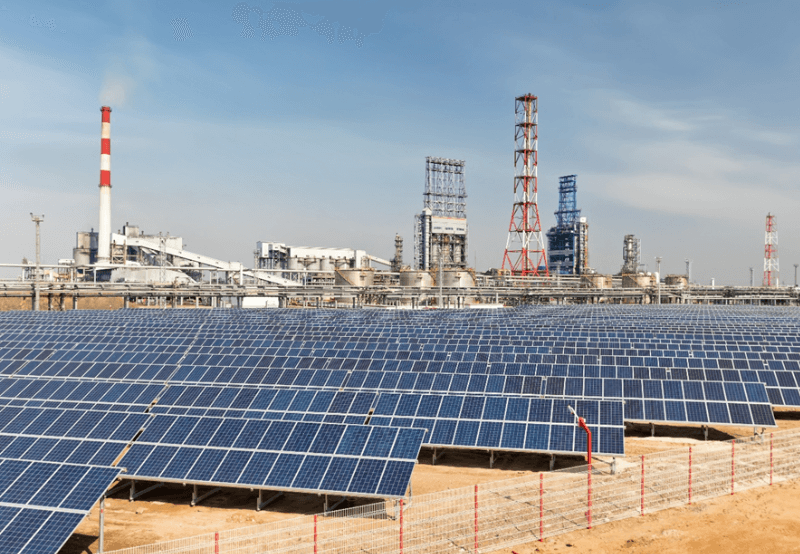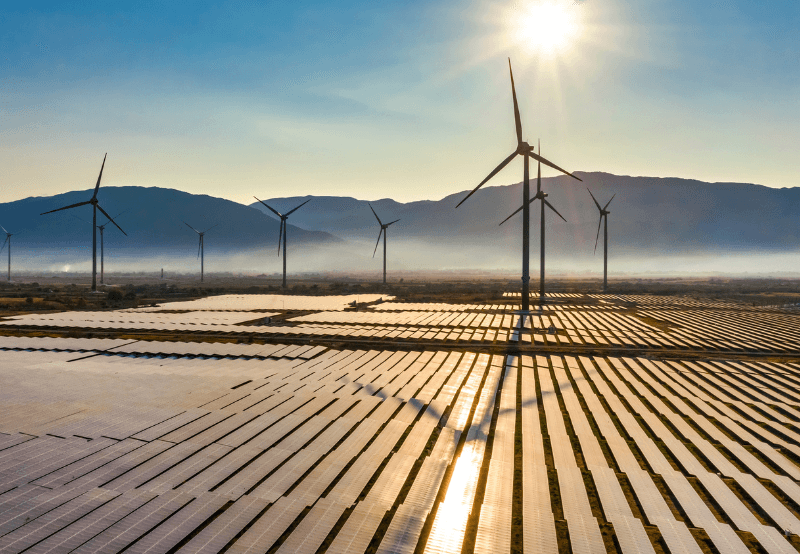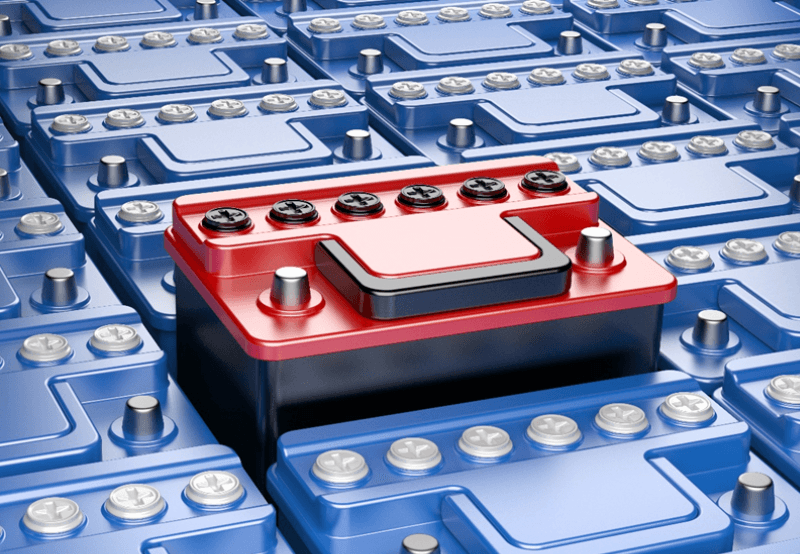Swiss Scientists Claim Dye-Sensitized Solar Cells Can Achieve up to 30.2% Efficiency
Typical applications of these cells include skylights, greenhouses, or glass facades.
November 7, 2022
The researchers at Switzerland’s École Polytechnique fédérale de Lausanne (EPFL) claimed to have developed dye-sensitized solar cells (DSCs) with a power conversion efficiency of 15.2% in direct sunlight and up to 30.2% in ambient light conditions.
The history of dye-sensitized solar cells began in the 1990s when Brian O’Regan and Michael Grätzel invented them. Since then, they have been popularly known as “Grätzel cells.”
“Our findings pave the way for facile access to high-performance DSCs and offer promising prospects for applications as power supply and battery replacement for low-power electronic devices that use ambient light as their energy source,” the researchers said.
Dye-sensitized solar cells convert light into electricity through photosensitizers. These dye compounds absorb light and inject electrons into an array of oxide nanocrystals, which are then collected as electric current.
The photosensitizers are attached to the surface of nanocrystalline mesoporous titanium dioxide films, which are saturated with redox-active electrolytes or solid charge-transport material. The design aims to generate electric current by moving electrons from the photosensitizer to an electrical output such as a device or storage unit.
Improvements made to increase efficiency
Recent advancements have improved the performance of DSCs under both sunlight and ambient light conditions. The group of researchers explained that the key to enhancing the efficiency of these cells lies in understanding and controlling the arrangement of dye molecules on the surface of titanium dioxide nanoparticle films that favor the generation of electrical charge.
One method is cosensitization, a chemical manufacturing approach that produces DSCs with two or more dyes with complementary optical absorption. The method combines dyes that can absorb light from across the entire spectrum.
Alternatively, the team identified a way of improving the packing of two newly designed photosensitizer dye molecules to enhance the DSC’s photovoltaic performance by developing a technique in which a monolayer of a hydroxamic acid derivative is pre-adsorbed onto the surface of nanocrystalline mesoporous titanium dioxide. This slows the adsorption of the two sensitizers and enables the formation of a well-ordered and densely packed sensitizer layer on the titanium dioxide surface.
The dye-sensitized solar cells are transparent and can easily be manufactured in assorted colors. Typical applications include skylights, greenhouses, or glass facades. They are also suitable for portable electronic devices because they are lightweight and flexible.
Installation featuring dye-sensitized solar cells at the Swiss Tech convention center | Source: EPFL
In October, researchers from China, Australia, and Singapore recently used a tube-type industrial plasma-assisted atomic layer deposition (PEALD) method and announced a maximum power conversion efficiency of 22.8% in a 613-Watt tunnel oxide passivated contact (Topcon) module with 60 cells.
EPFL researchers in July, along with CSEM’s Sustainable Energy Centre, claimed to have set two world records by achieving an efficiency of over 30% for perovskite-on-silicon-tandem solar cells. This path-breaking milestone was independently certified by National Renewable Energy Laboratory (NREL).
Get the most relevant India solar and clean energy news.
RECENT POSTS
Nov 30, 2022
Nov 30, 2022
Mar 2, 2023
Mar 2, 2023
India added 2.5 GW of solar open access in the calendar year (CY) 2022, a year-over-year (YoY) increase of 92% from the 1.3 GW installed in CY 2021, according to the newly released 2022 Q4 & Annual Mercom India Solar Open ...
March 16, 2023
Markets & Policy
25% of Generation Capacity of Coal Plants Must be from Renewables: Ministry of PowerThe Ministry of Power (MoP) has proposed that any coal-based thermal generation station coming up after April 1, 2024, must either install or procure renewable energy equivalent to 25% of the thermal generation capacity. Stakehold...
November 9, 2022
Mercom Research Focus
India’s Solar Market Leaders for 1H 2022Mercom India has released its report, India Solar Market Leaderboard 1H 2022, unveiling solar market leaders in the first half (1H) of the calendar year (CY) 2022. The report covers market share and shipment rankings across the In...
November 9, 2022
Energy Storage
Webinar to Shed Light on How Battery Storage Enhance Solar Systems’ PerformanceBattery energy storage technologies globally are transforming how companies utilize, control, and dispatch electricity and facilitating a smoother transition to clean energy. The Indian market is also realizing how battery storage...
November 9, 2022
Trending News
November 30, 2022
November 30, 2022
March 2, 2023
March 2, 2023
November 28, 2022
Tender & Auctions
PTC India’s EoI to Procure 1 GW of Hybrid Power Receives Overwhelming Response
November 3, 2022
Magazine
Grid
GreenCell Raises $40 Million Funding from ADB to Develop Electric Buses
Energy Storage
Webinar to Shed Light on How Battery Storage Enhance Solar Systems’ Performance
November 7, 2022
Latest News
This is custom content that will be displayed at the video in case you want to give an overview, etc. Michael Ballard
November 30, 2022
India added 2.5 GW of solar open access in the calendar year (CY) 2022, a year-over-year (YoY) increase of 92% from the 1.3 GW installed in CY 2021, according to the newly released 2022 Q4 & Annual Mercom India Solar Open...
March 16, 2023
The Ministry of Power (MoP) has proposed that any coal-based thermal generation station coming up after April 1, 2024, must either install or procure renewable energy equivalent to 25% of the thermal generation capacity....
November 9, 2022
Some test content that can be displayed somewhere maybe if needed? Not sure Michael Ballard
November 30, 2022
March 2, 2023
OUR FLAGSHIP EVENT, MERCOM INDIA RENEWABLES SUMMIT, APRIL 2023 Mercom India Renewables Summit 2023 (formerly Mercom India Solar Summit) brings together developers, manufacturers, investors, innovators, and other key decision...
November 28, 2022
PTC India’s expression of interest (EoI) to procure 500 MW of hybrid renewable energy (wind and solar) (Tranche-I), with a greenshoe option for an additional 500 MW, has received a strong response, according to Mercom sources....
November 9, 2022
Ballard Power Systems, a fuel cell and clean energy solutions provider, recorded a net loss of $42.88 million in the third quarter (Q3) of 2022, a year-over-year (YoY) increase of 39%. The revenue for the quarter was $21.34...
November 9, 2022
Solid Power, Inc., a U.S.-based developer of all-solid-state battery cells for electric vehicles (EVs), reported a net loss of $12.4 million for the third quarter (Q3) 2022, a 46% increase from the $8.45 million loss during the...
November 9, 2022
Get the most relevant India solar and clean energy news.
POPULAR POSTS
Test Video Post2
Nov 30, 2022
14:46 Installs a Record 2.5 GW of Solar Open Access in 2022, Up 92% YoY
Mar 16, 2023
25% of Generation Capacity of Coal Plants Must be from Renewables: Ministry of Power
Nov 9, 2022
JANUARY 2023
Nov 30, 2022
DECEMBER 2022
Mar 2, 2023
NOVEMBER 2022
Mar 2, 2023
Mercom India Renewables Summit 2023
Nov 28, 2022




